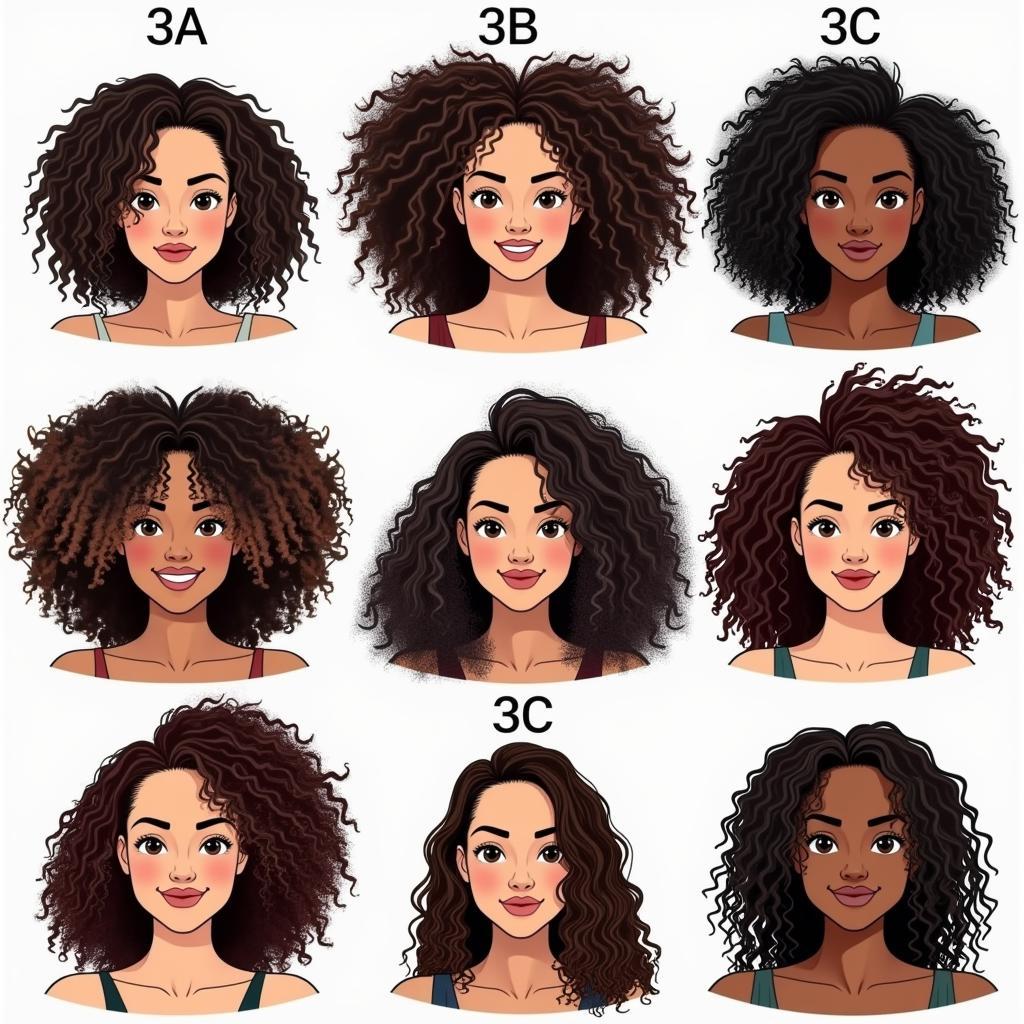Honoring African Ancestors: The Significance of Offerings
African ancestor offerings are a cornerstone of many traditional belief systems across the continent. These practices, rich in symbolism and meaning, reflect a deep connection between the living and the departed, demonstrating respect, seeking guidance, and maintaining a spiritual link across generations. This article explores the diverse traditions surrounding ancestor veneration and the profound role offerings play in maintaining this vital connection. african beliefs and practices
Understanding the Role of Ancestors in African Cultures
Ancestral reverence isn’t simply about remembering those who came before; it’s an active engagement with the spiritual realm. Ancestors are believed to hold wisdom, influence, and the power to intervene in the lives of their descendants. They serve as guardians, advisors, and intercessors between the physical and spiritual worlds. This belief permeates various aspects of life, from daily routines to major life events.
Why are Offerings Made to African Ancestors?
Offerings are a tangible expression of respect and gratitude towards ancestors. They are a way to acknowledge their presence, seek their blessings, and request guidance or intervention. Offerings can also be seen as a form of reciprocity, maintaining the spiritual bond between the living and the departed.
Diverse Forms of African Ancestor Offerings
The types of offerings vary significantly across different African cultures and regions. They can include food, drinks, symbolic objects, and even acts of service.
- Libations: Pouring liquids, such as water, milk, or alcohol, onto the ground or a designated shrine is a common practice. This act symbolizes nourishment and communication with the ancestors.
- Food: Preparing and sharing special meals with the ancestors demonstrates respect and acknowledges their continued presence within the family.
- Symbolic Objects: Items like beads, cloth, or tools representing the ancestor’s life and achievements can be offered as tributes.
- Animal Sacrifice: In some cultures, animal sacrifice is performed on special occasions to honor ancestors and seek their favor.
- Acts of Service: Performing acts of kindness or completing tasks in the name of an ancestor can also be considered a form of offering.
Rituals and Ceremonies Associated with Ancestor Offerings
Offerings are often integrated into elaborate rituals and ceremonies, which vary in complexity and significance. These ceremonies can mark important life events, such as births, marriages, deaths, or harvests. They can also be performed regularly to maintain a strong connection with the ancestors.
How are Ancestor Offerings Presented?
The presentation of offerings is often accompanied by prayers, songs, dances, and invocations. These rituals create a sacred space for communication with the ancestors, emphasizing the importance of maintaining a respectful and reciprocal relationship.
The Continuing Importance of Ancestor Offerings in Modern Africa
Despite the influence of modernization and other religions, ancestor veneration remains a vital aspect of many African cultures. While some practices may have evolved, the core principles of respect, remembrance, and connection persist.
Do People Still Practice Ancestor Offerings Today?
Yes, ancestor offerings continue to be practiced by many people across Africa, reflecting the enduring significance of this tradition in shaping cultural identity and spiritual beliefs. It is a dynamic practice, adapting to contemporary contexts while preserving its core values.
Exploring the Rich Tapestry of African Ancestral Traditions
Understanding the nuances of African ancestor offerings provides a valuable insight into the continent’s diverse spiritual landscapes. It highlights the importance of kinship, community, and the enduring connection between the living and the departed.
In conclusion, African ancestor offerings are more than just rituals; they are expressions of deep-seated cultural values and spiritual beliefs. These offerings symbolize the ongoing relationship between the living and their ancestors, reinforcing a sense of belonging, continuity, and guidance. They provide a window into the rich tapestry of African traditions, highlighting the enduring power of ancestral reverence.
FAQ
- What is the purpose of offering food to ancestors? To show respect, gratitude, and maintain a connection.
- What are some common types of offerings? Libations, food, symbolic objects, acts of service.
- Are ancestor offerings still practiced today? Yes, in various forms across the continent.
- How do offerings vary across different African cultures? Specific rituals, types of offerings, and ceremonies differ.
- Why are ancestors considered important in African cultures? They are seen as guides, protectors, and intercessors.
- How do offerings contribute to cultural identity? They reinforce a sense of belonging and shared traditions.
- What is the significance of rituals associated with offerings? They create a sacred space for communication with ancestors.
When you need assistance, please contact us via Phone: +255768904061, Email: [email protected] or visit our address: Mbarali DC Mawindi, Kangaga, Tanzania. We have a 24/7 customer support team.

